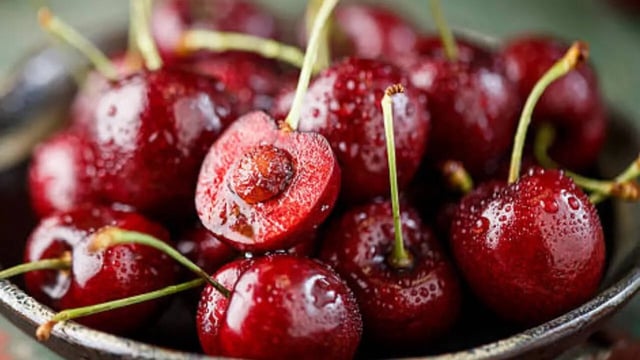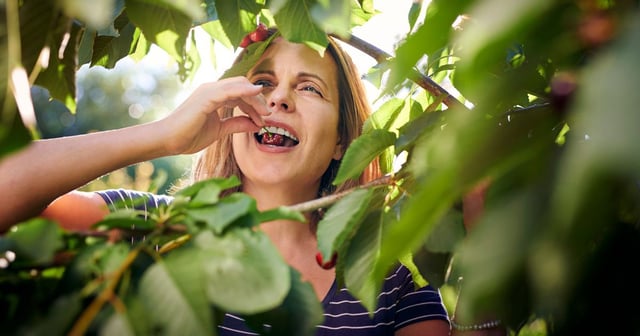Overview
- University of Kent scientists reported that powder made from damaged or discoloured cherries retained anthocyanins and showed greater biological activity than juice in tests.
- In laboratory models, the powder reduced markers of amyloid-β toxicity associated with neuron damage in Alzheimer’s disease.
- The peer-reviewed study was published in Antioxidants and conducted with RentACherryTree, supported by InnovateUK and Growing Kent & Medway grants.
- The team described the findings as early-stage evidence from lab models rather than human trials and said further research is planned.
- The method repurposes otherwise discarded crops, positioning the ingredient as a potential functional food that also reduces agricultural waste.

